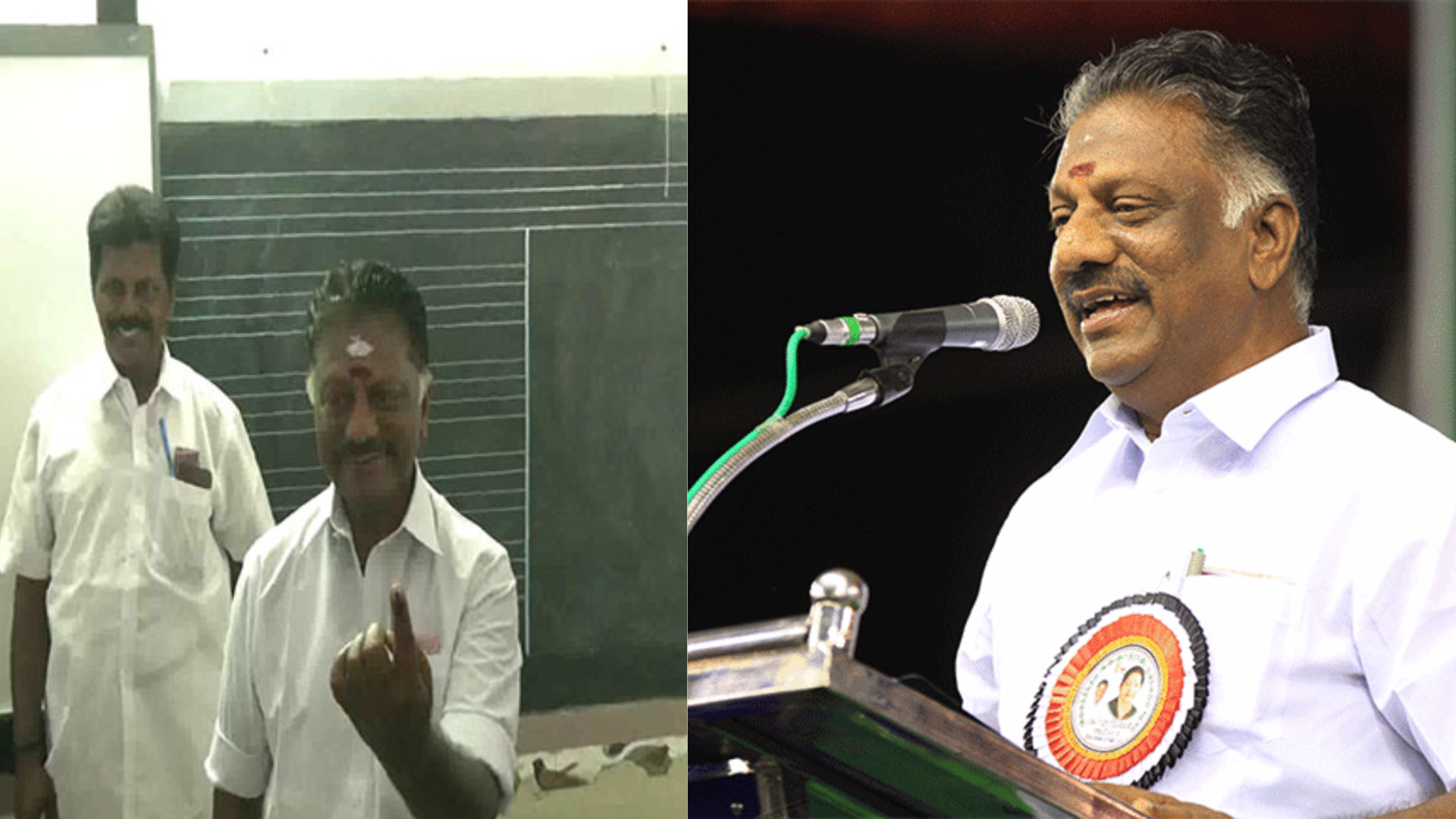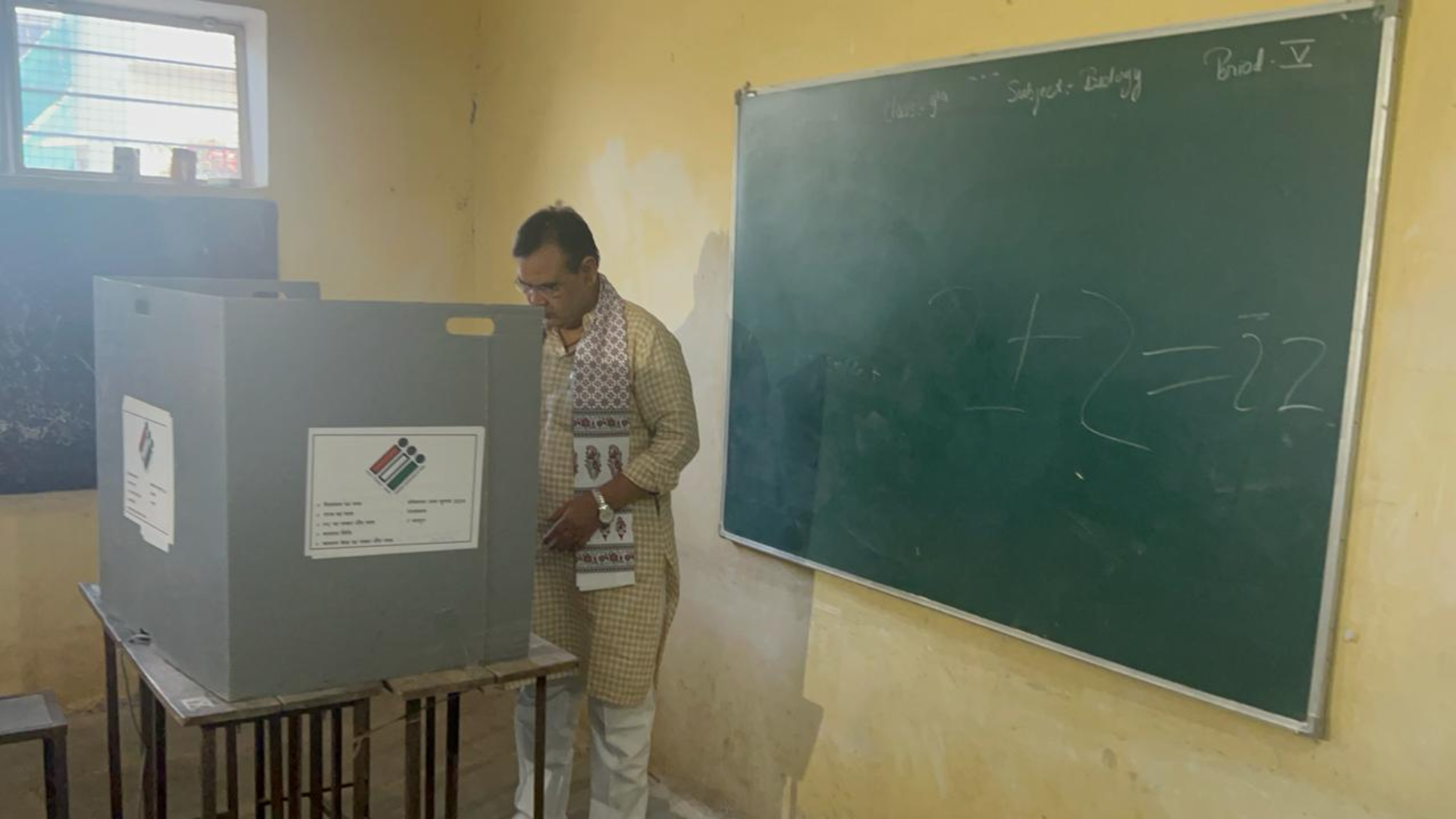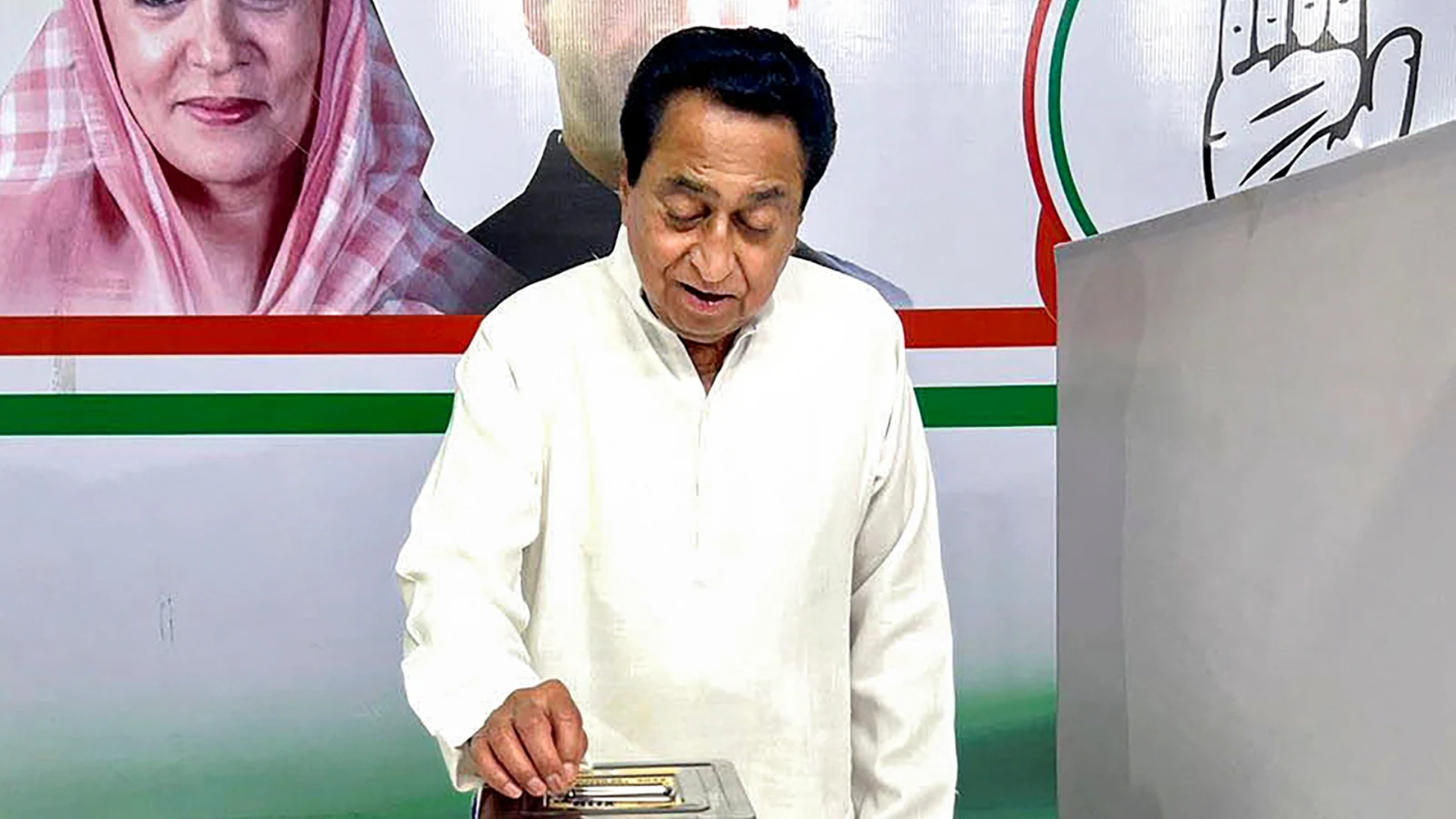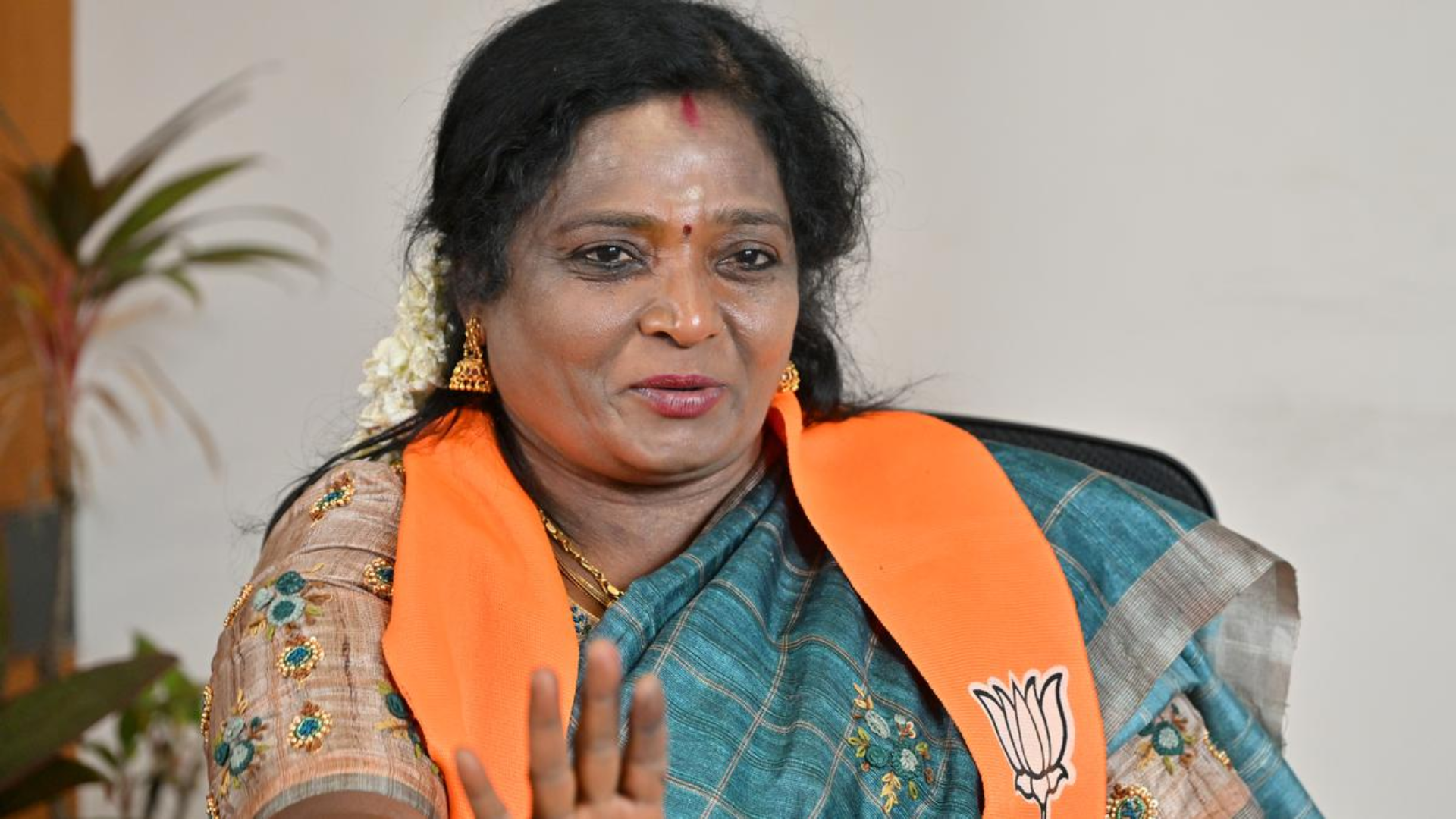



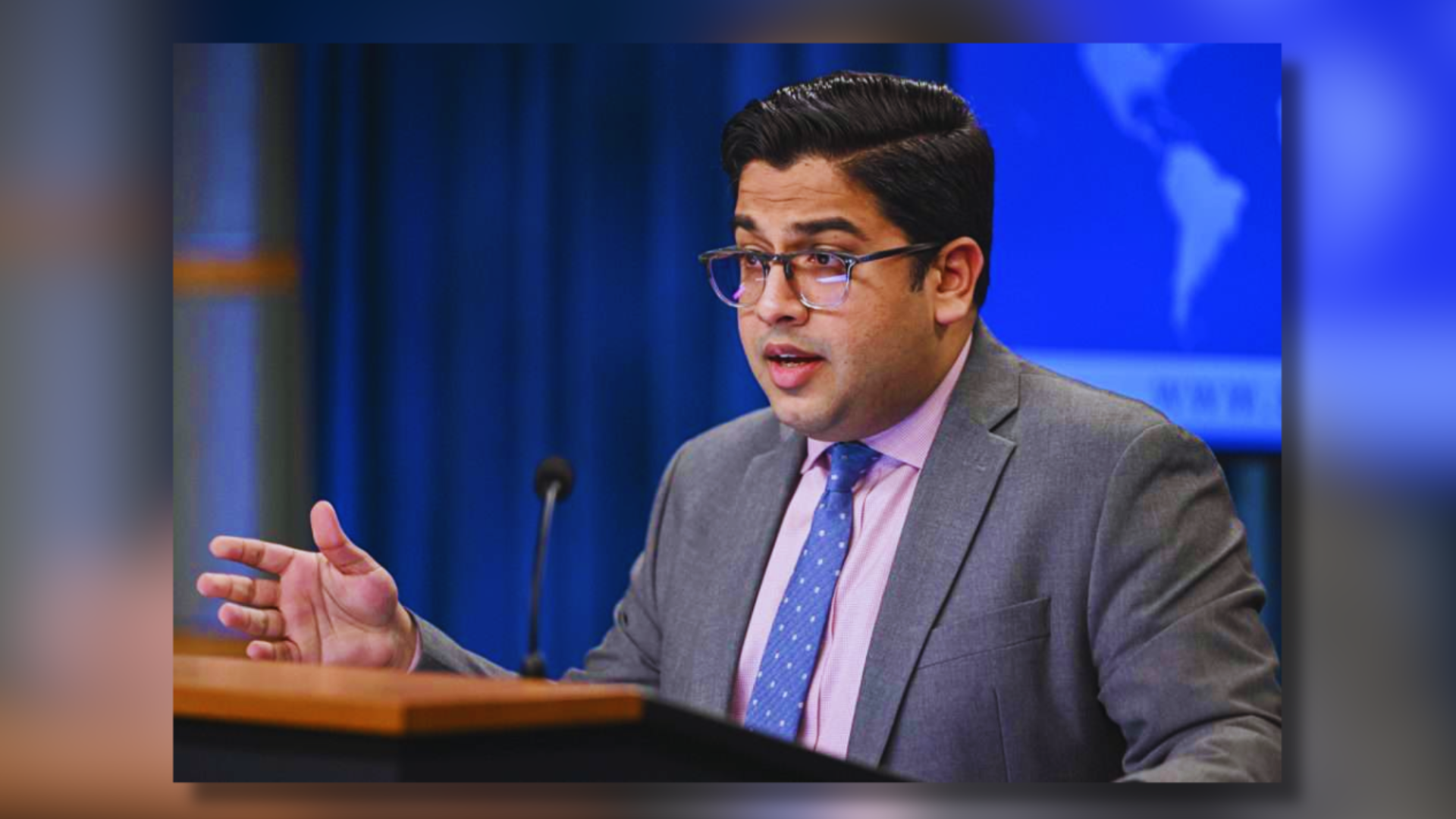

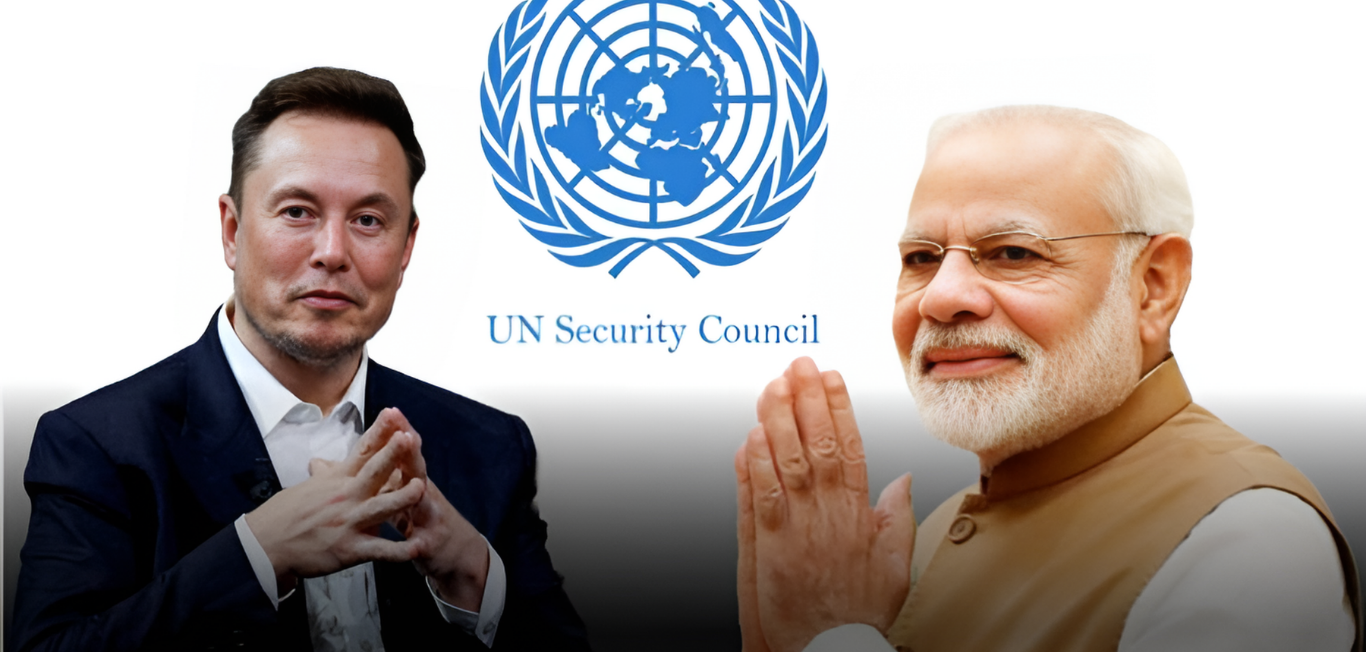



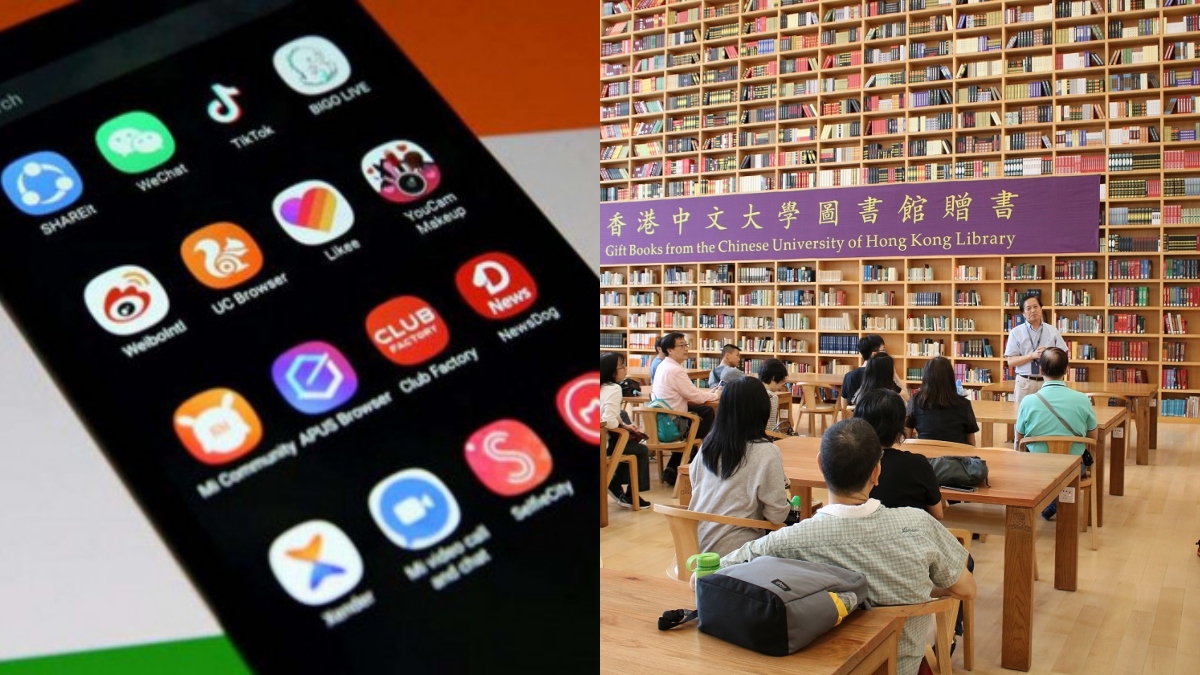
About 23000 students who study in Chinese universities are seeing their fate hang in balance.. The universities are using Chinese apps banned by India for online classes of these students and forcing them to use fake VPNs to attend classes. 23,000 Indian students pursuing online studies have been badly affected after they are being forced to download banned Chinese apps. In which at least 20,000 are medical students, studying in different Chinese universities.
Last year Indian government had banned 250 Chinese mobile apps after the standoff with China at the border. Most universities in China are using apps like WeChat, DingTalk, Superstar, and a video chat app by Tencent. They have asked students to arrange access to these apps and study.
Indian Students in China (ISC), have raised the issue with both the Chinese and Indian authorities. As a provisional solution, students are accessing these apps through a Virtual Private Network (VPN) to attend the classes. Students pay annual fees between Rs 3 lakh to Rs 4.5 lakh, amid this travel to china is still banned.
Nimrat Singh, a student of Jaipur who recently completed MBBS 2nd year at Harbin Medical University spoke to media and said, ” I don’t know when I can attend the regular classes and we face major issues in attending online classes as well. My university is conducting classes on the Tencent app, which is banned in India.” Singh is now preparing for the National Exit Test (NExT) exam that is mandatory for foreign students to practice in India.
Many organizations in India are trying to take up the issues with the concerned authorities. Manish Kapadia, a member of the Southern Gujarat Chamber of Commerce (SCCCI) said, “On behalf of Gujarati students I and some others are trying to arrange a meeting with ministers in the central government to discuss the issues of these students.”



